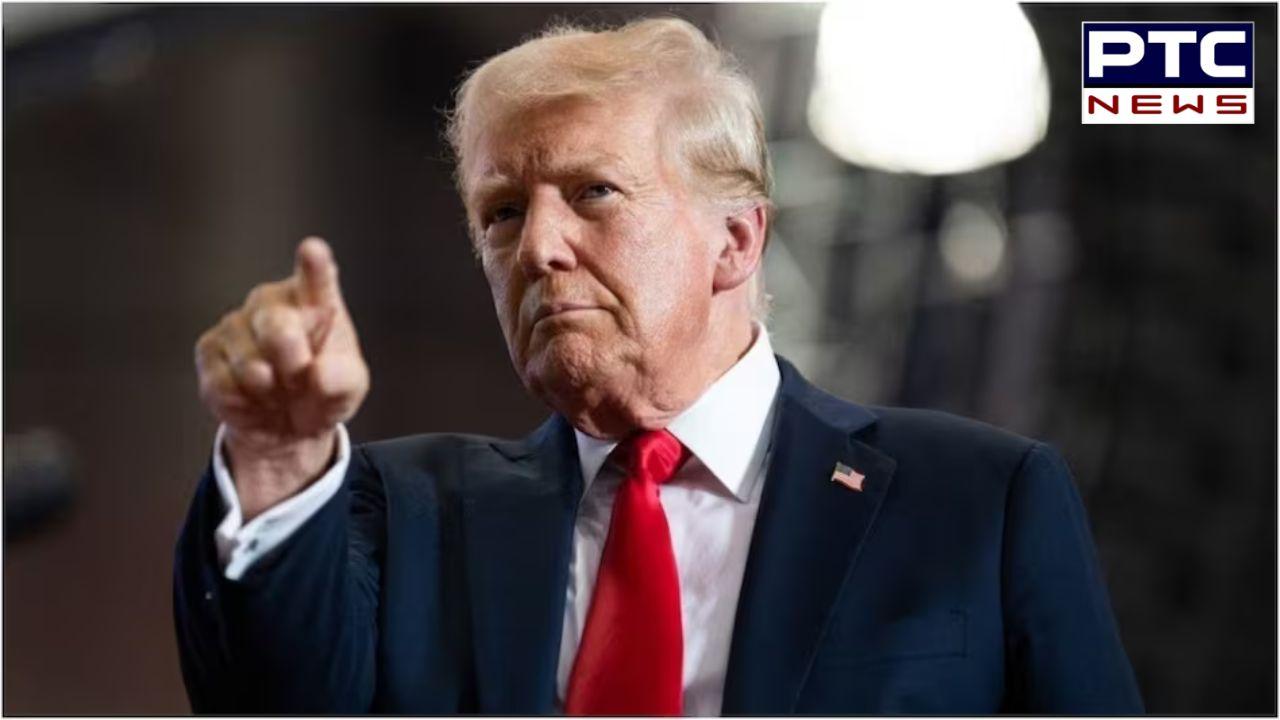

"It’s time for reciprocity': US all set to introduce new reciprocal tariffs; India to face the heat
PTC Web Desk: The White House has strongly criticised India’s high tariffs on American agricultural products, calling for reciprocal trade measures. White House Press Secretary Karoline Leavitt addressed the issue, stating that India's 100% tariff on US agricultural goods has made it "virtually impossible" for American exports to reach Indian markets.
“These countries have been exploiting the US for far too long,” Leavitt remarked during a press briefing, as reported by an agency. She accused several nations, including India, of engaging in unfair trade practices that harm American businesses and workers.
Leavitt emphasised that the US government is now determined to ensure "reciprocity" in trade. She stated that the Biden administration is set to introduce historic policy changes, with official announcements expected on Wednesday.
Highlighting the issue, Leavitt presented data illustrating tariffs imposed by various countries, including Japan, Canada, and the European Union. India’s 100% tariff on US agricultural goods stood out as a major concern.
“Consider these figures: the European Union imposes a 50% tariff on American dairy, Japan enforces a 700% tariff on American rice, and Canada levies nearly 300% on American butter and cheese,” Leavitt said. “India’s 100% tariff only worsens the challenges faced by American businesses.”
She further pointed out that these high tariffs have led to significant financial strain on US businesses, preventing them from competing fairly in foreign markets.
US President Donald Trump had earlier described the existing tariffs as "temporary" and "small." However, he emphasised that the upcoming reciprocal tariffs set to take effect on April 2 would be a "game-changer" in US trade policy.
In February, Trump explained his stance, saying, “No more or no less… They charge us a tax or tariff, and we charge the exact same tax or tariff… No one knows what that number is… You go to an individual country and see what they are charging us.”
While Leavitt refrained from disclosing detailed tariff plans, she assured that Trump’s trade advisors had developed comprehensive strategies to enforce fair trade practices.
India’s position on US trade policies
India has consistently defended its tariff structures, citing the need to protect domestic agriculture and ensure food security. The country argues that its import duties align with its economic policies and WTO regulations.
India has also raised concerns about the US imposing tariffs on steel, aluminum, and other critical exports, affecting bilateral trade. Additionally, India's trade ministry has emphasised that agricultural tariffs are designed to support local farmers and sustain rural livelihoods.
Trade relations between India and the US have faced tensions over tariff issues in recent years. The Trump administration had earlier withdrawn India's preferential trade status under the Generalised System of Preferences (GSP) in 2019, citing market access restrictions.
With the new reciprocal tariffs set to be announced, analysts predict heightened economic friction between the two countries. Experts suggest that retaliatory measures from India could be expected if the US enforces higher duties on Indian goods.
- With inputs from agencies
